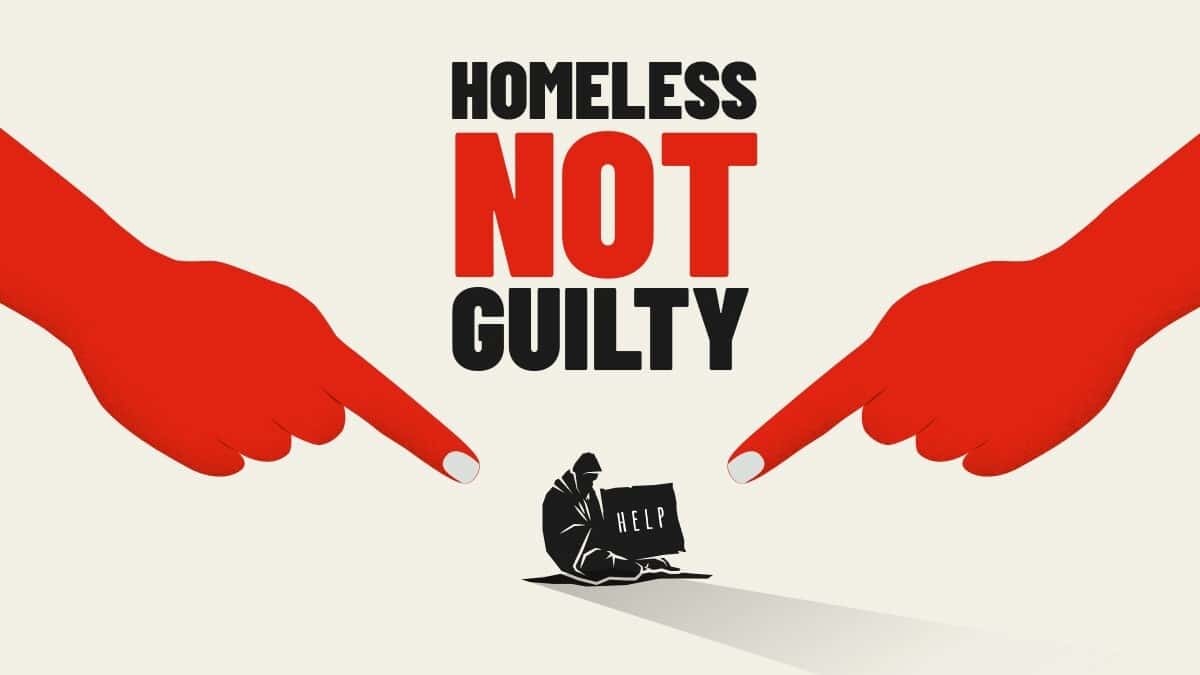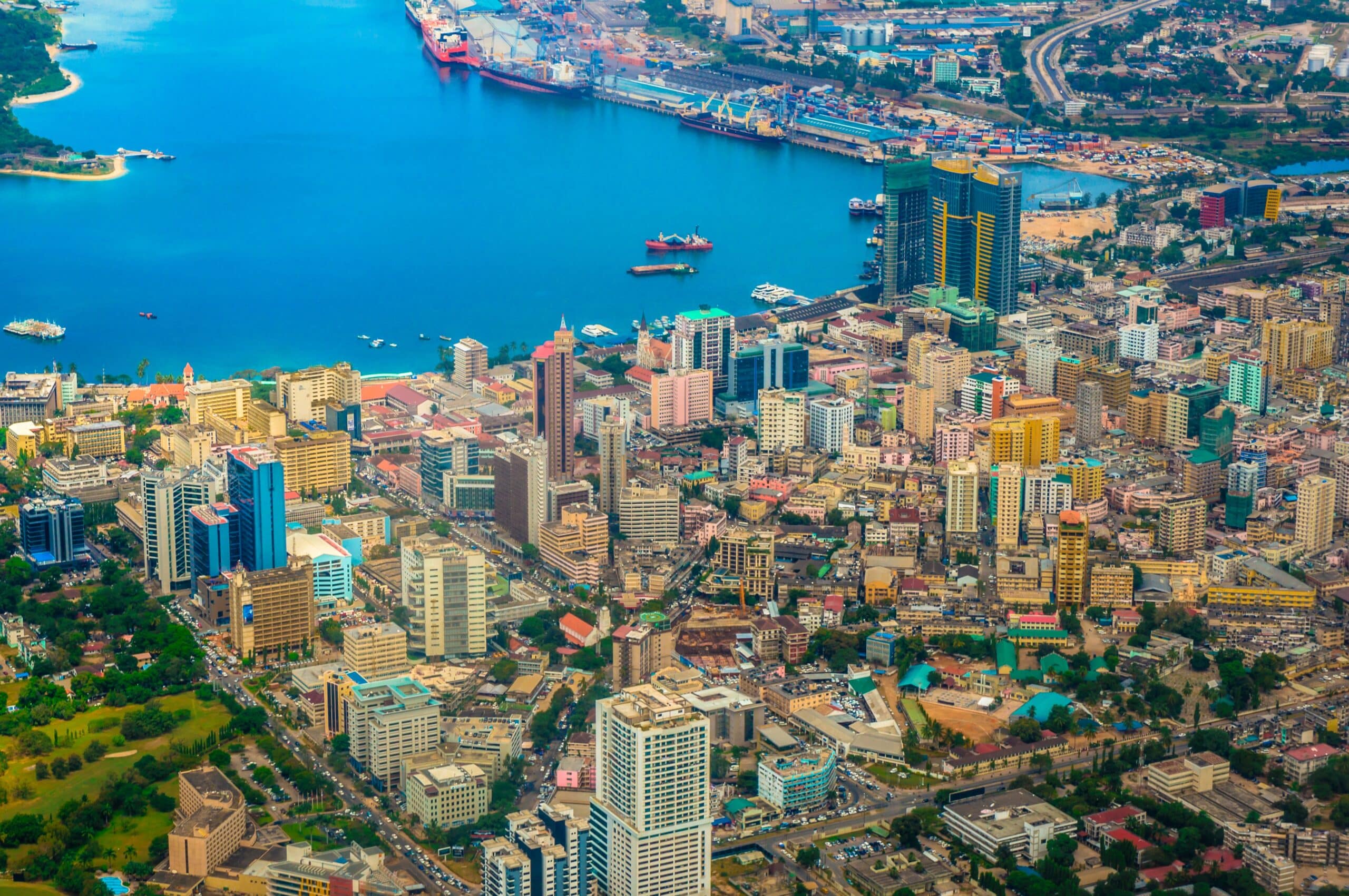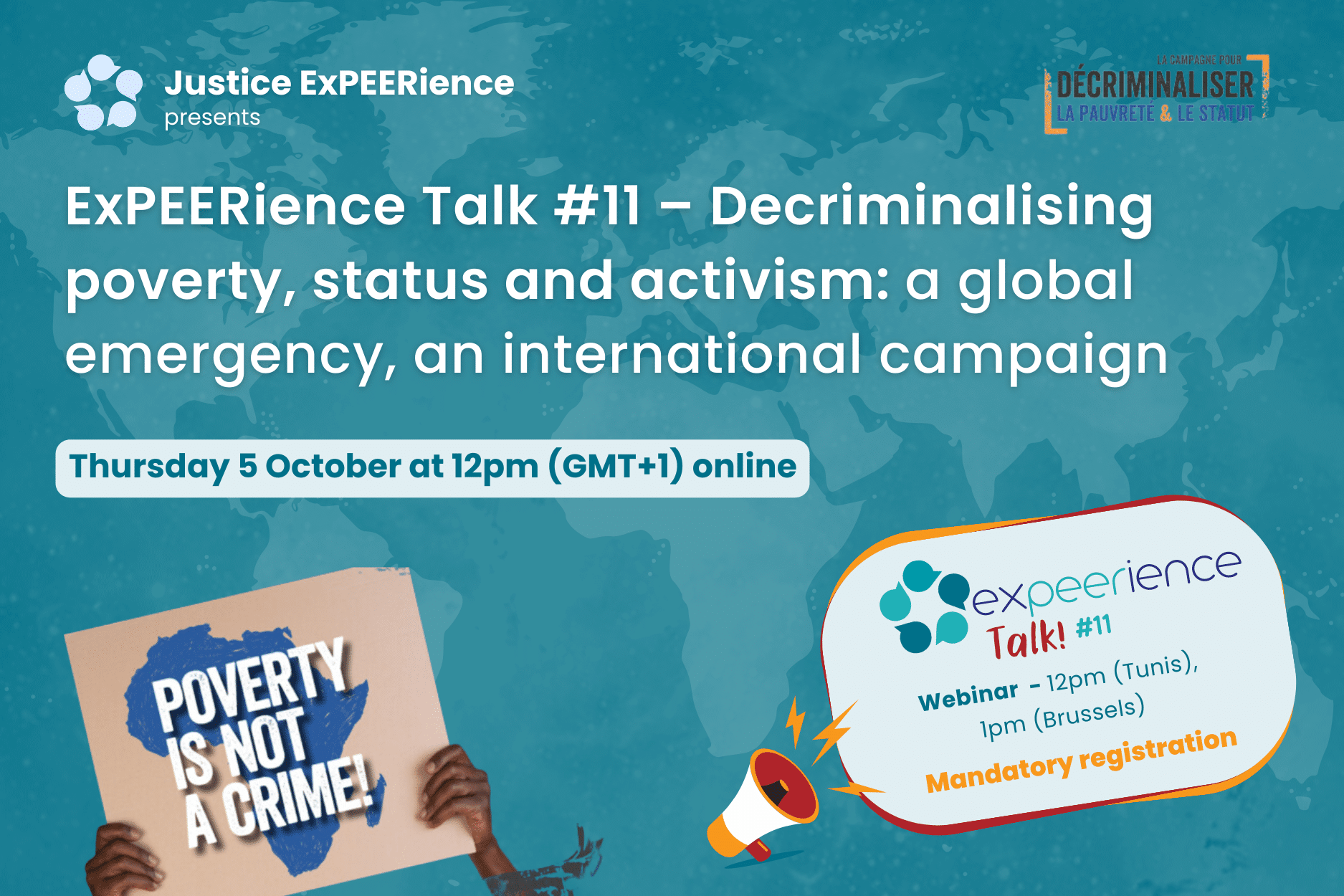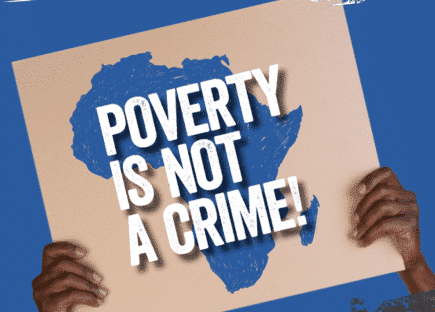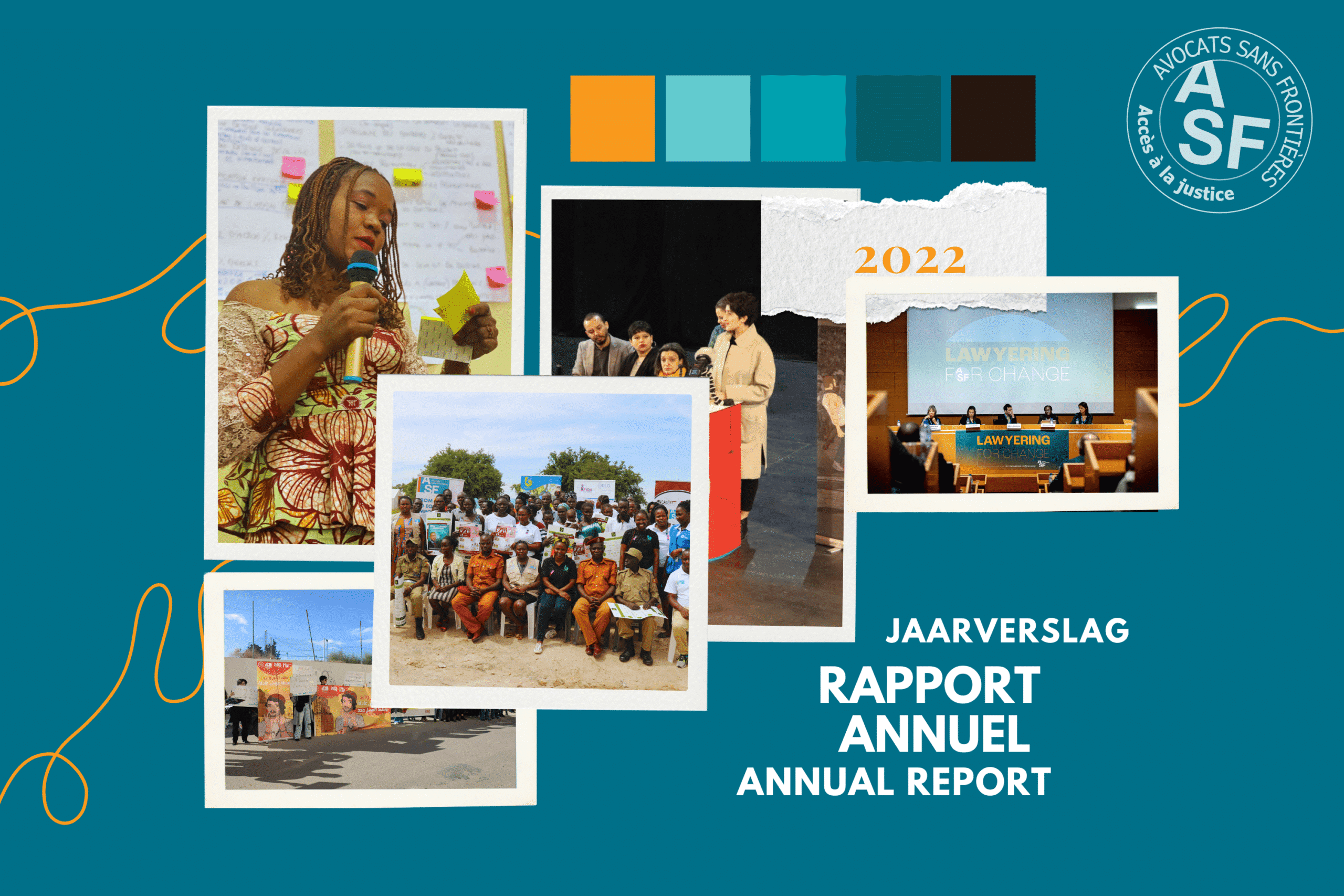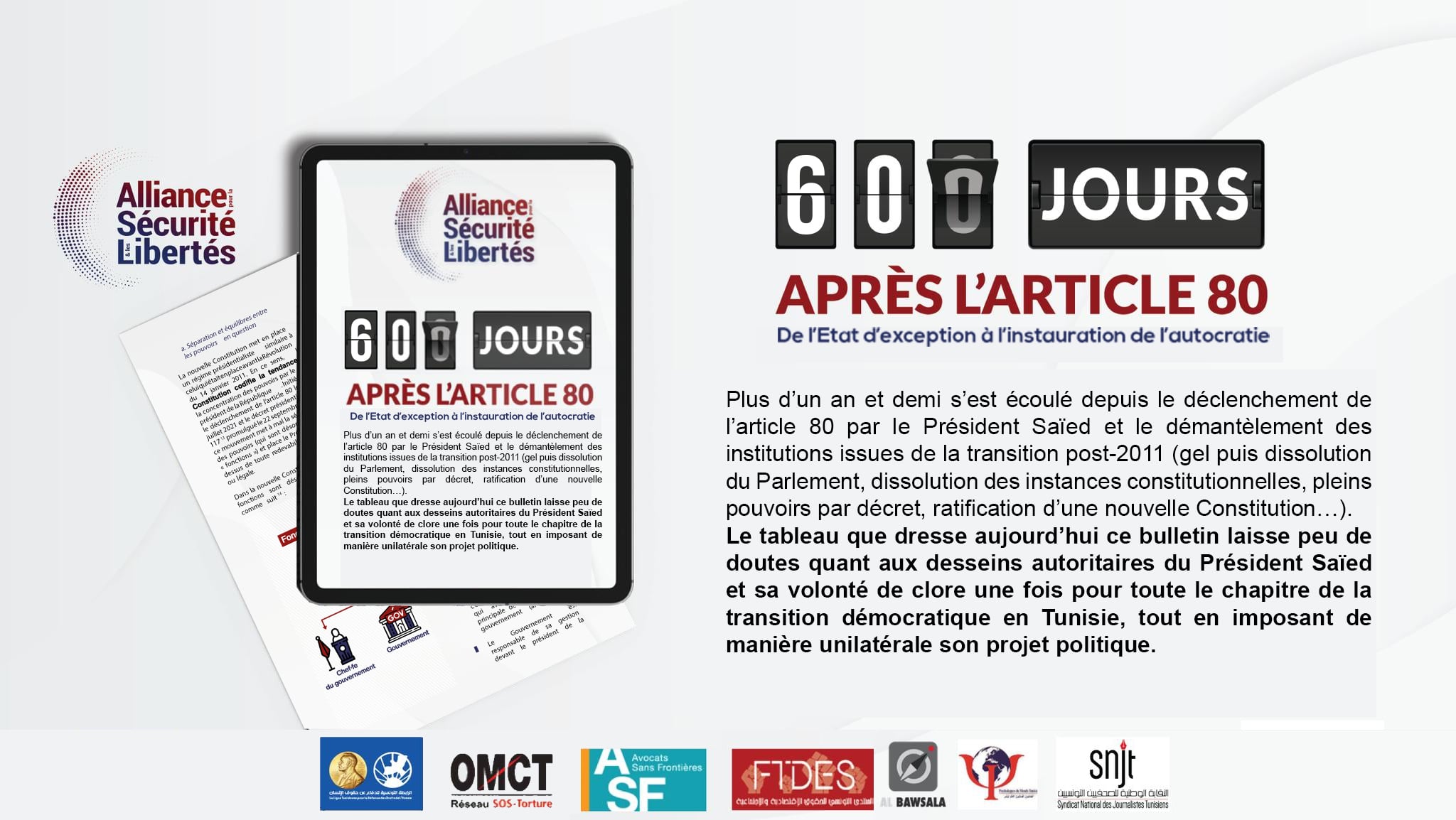Category: Freedom of expression
-
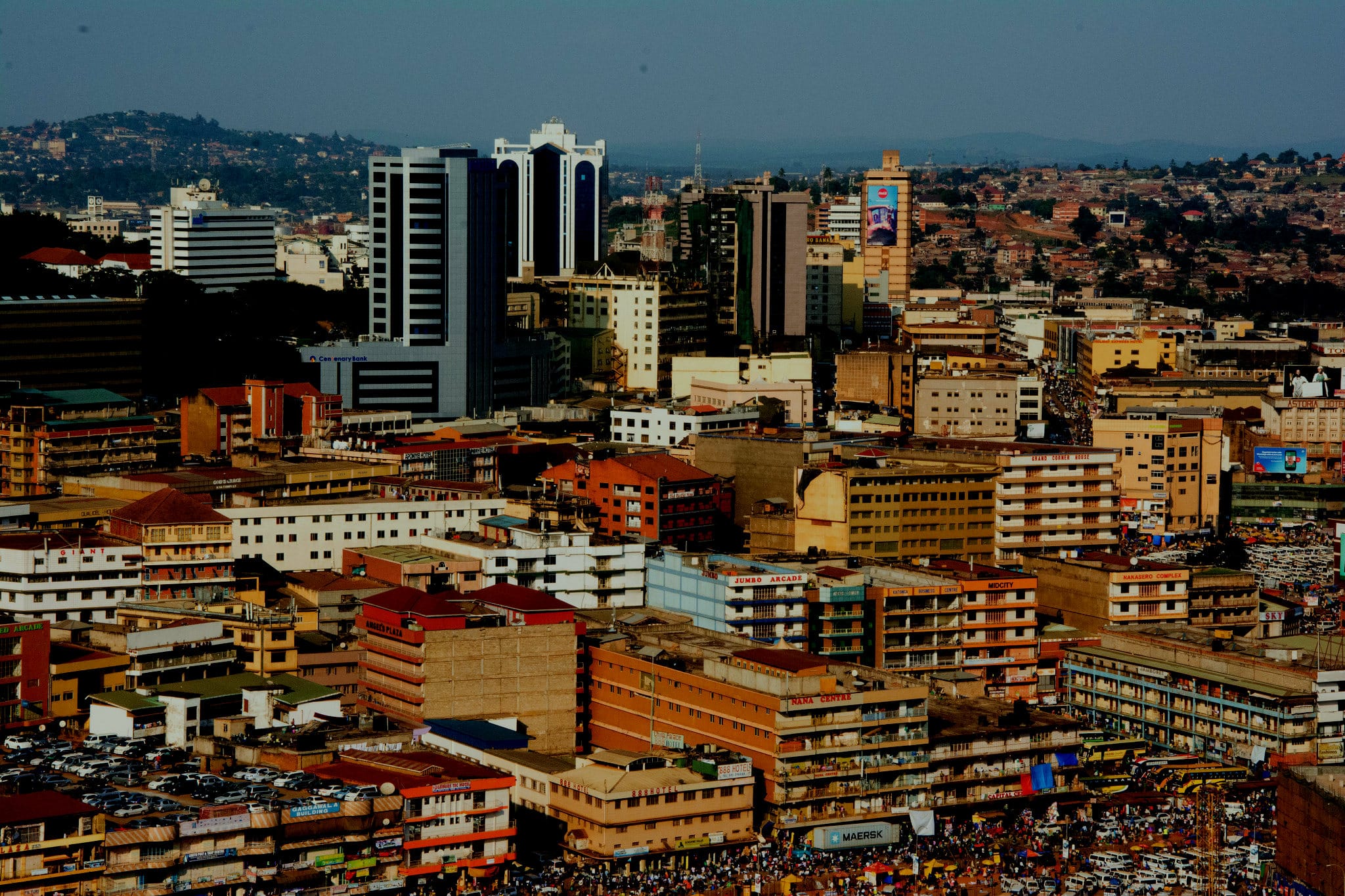
Policy Brief – Analysing Civic Space in East Africa through a judicial lens
For the past years, civic space has been described as “shrinking” in many countries around the world. The adoption of restrictive laws, the harassment of journalists, the arrest and detention of human rights defenders, the suspension of activities or freezing of accounts of civil society organisations, are common tactics used by states to restrict civic…
-
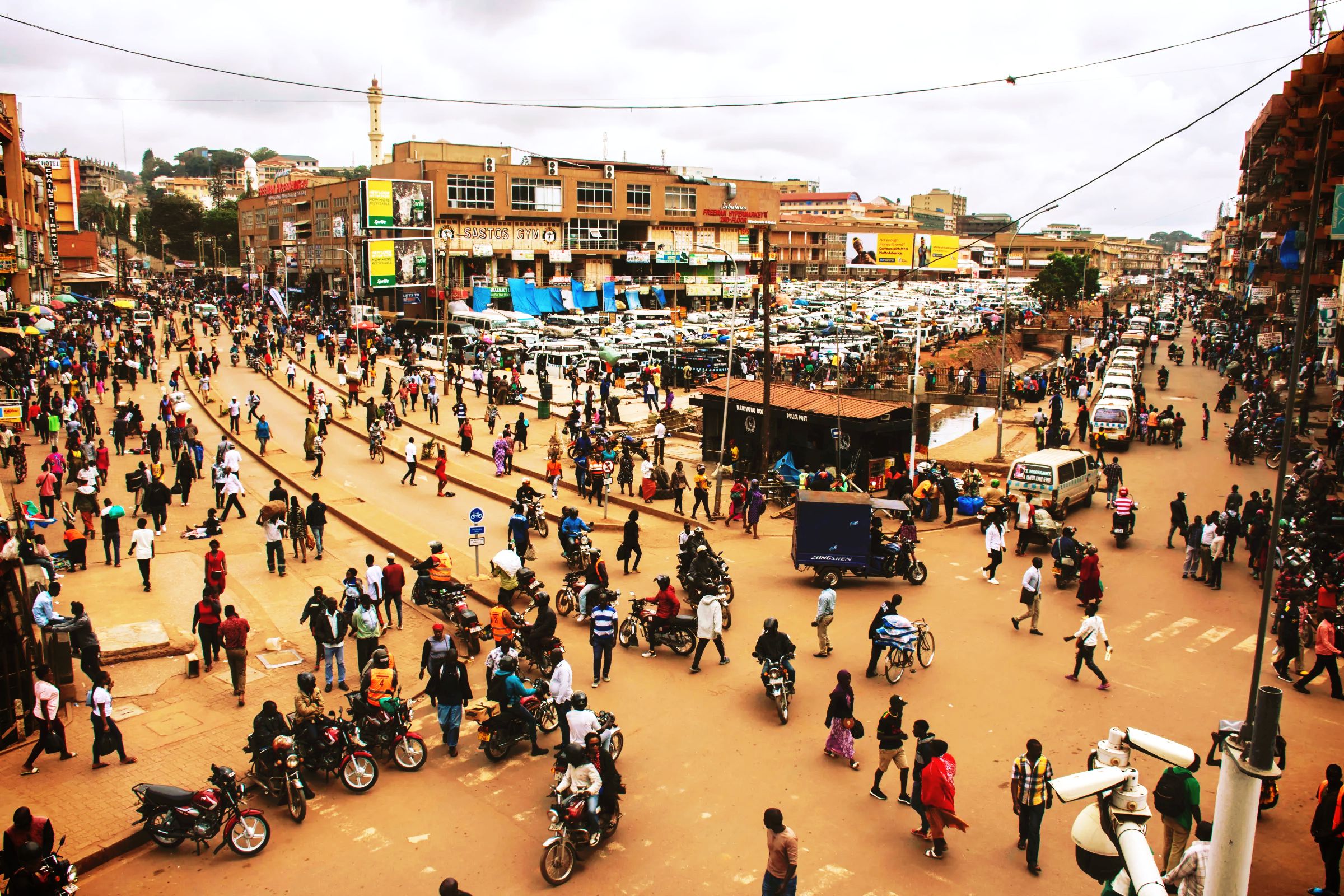
East Africa – Protecting civic space: A public interest litigation approach
In 2022, ASF’s East Africa office launched a project covering three countries in the region: Burundi, Tanzania and Uganda. The objective of the project is to contribute to the advancement of the rule of law through the understanding and usage of regional human rights treaty bodies, mechanisms and instruments by local civil societies organisations.
-
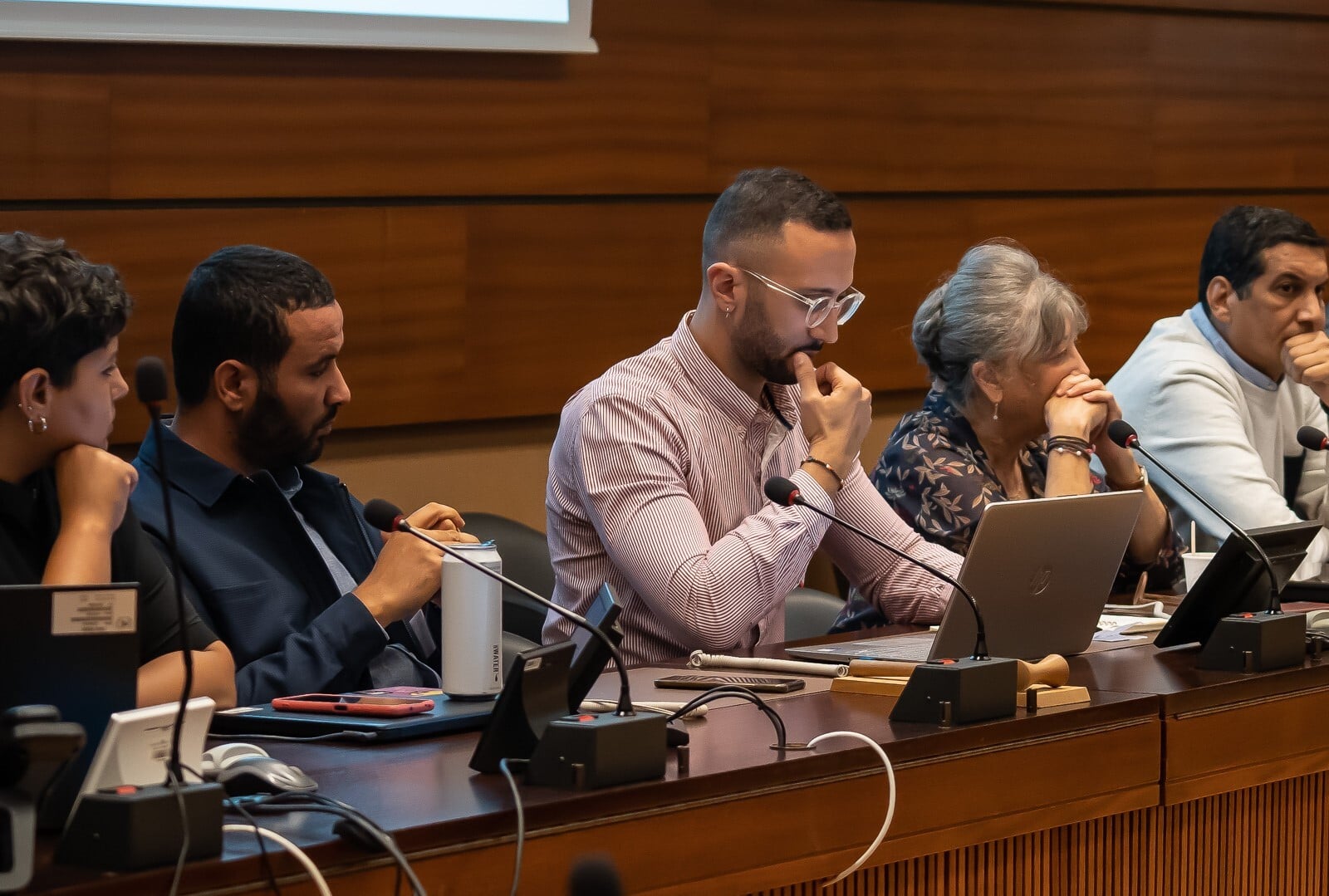
ASF’s Euro-mediterranean regional hub
In 2018, ASF launched a regional hub in the Euro-Mediterranean region, based in Tunis, with the aim of pooling resources and strengthening and harmonising its action in the region. The innovative aspect of the regional office is to fully assume the historical, economic, political and cultural links that exist between the two shores of the…

